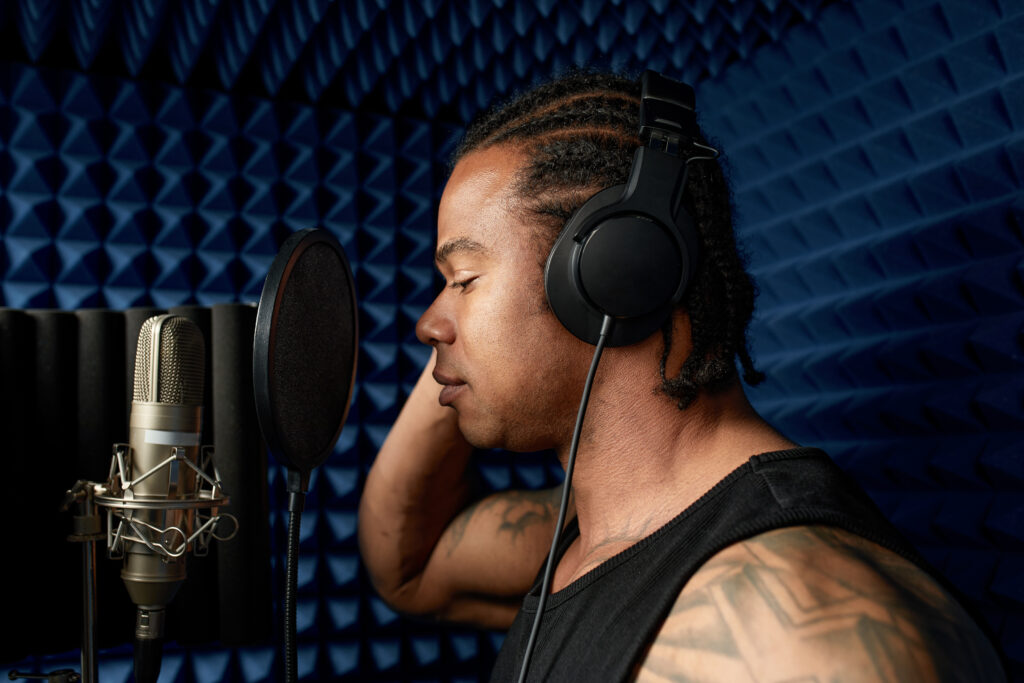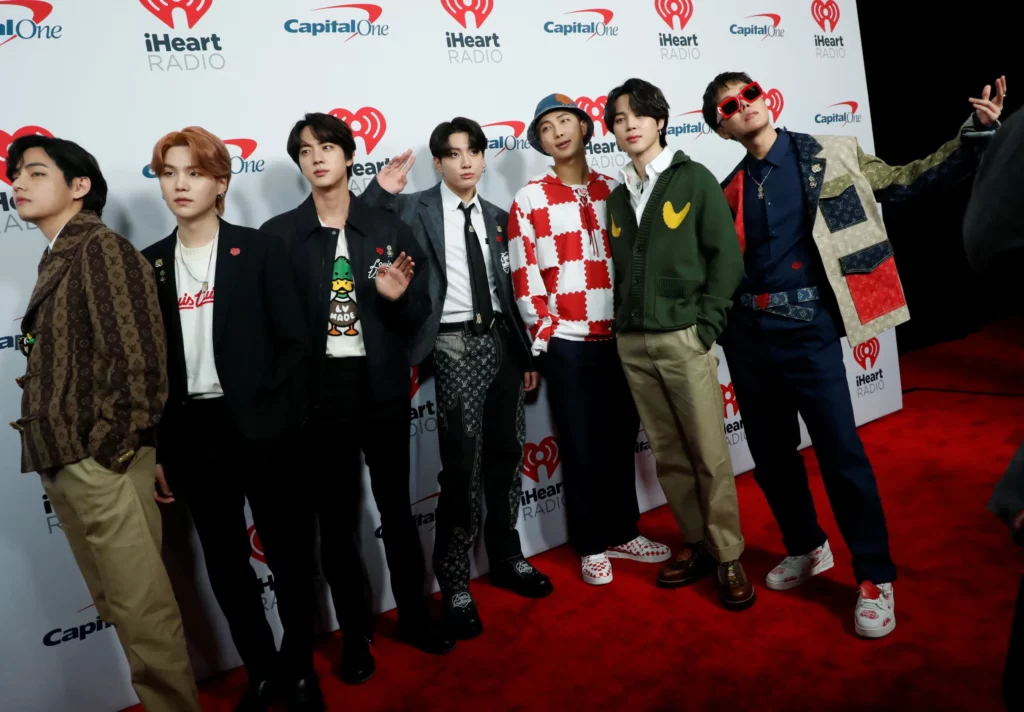In the competitive music industry, contracts are essential tools that safeguard artists’ rights. However, navigating complex legal terminology and negotiating music contracts effectively can be a daunting task.
In this comprehensive guide, we will walk you through the music contract negotiation process step by step, delving deeper into each stage and offering practical examples:
1. Pre-negotiation preparation:
a. Extensive research:
- Familiarize yourself with different types of music contracts: recording, distribution, publishing, management, etc.
- Research common legal terms and their meaning in the context of the music industry.
- Analyze standard practices and average rates for similar contracts within your music genre and region.
b. Clear definition of priorities:
- Reflect on which aspects of the contract are crucial to you, such as the duration of the agreement, financial compensation, copyright, and intellectual property.
- Set specific and realistic goals you want to achieve in the negotiation.
- Define what you are willing to negotiate and what not, drawing a clear line to protect your interests.
c. Seek professional advice:
- Hiring a lawyer specialized in music law gives you the security of having an expert who:
- Analyzes the contract in detail, identifying potential risks or unfavorable clauses.
- Advises you on the best negotiation strategies to defend your rights.
- Drafts or modifies contract clauses to adjust them to your needs.
2. Negotiating music contracts:
a. Professional and positive attitude:
- Demonstrate professionalism and respect throughout the negotiation process.
- Maintain clear and open communication, expressing your needs precisely and concisely.
- Foster an environment of collaboration and trust, seeking solutions that benefit both parties.
b. Negotiation skills:
- Do not be afraid to ask questions to fully understand each clause of the contract.
- Share your perspective and experience to justify your requests and proposals.
- Be flexible and willing to consider alternatives that balance the needs of both parties.
- Remain calm and composed in the face of potential objections or friction points.
c. Practical examples of strategies:
- Negotiating financial compensation: Research standard rates for your music genre and experience. Propose a fair figure and argue your value as an artist.
- Discussing copyright: Make sure you retain ownership of your compositions and recordings. Negotiate the transfer of rights in a specific and limited way.
- Establishing termination clauses: Find a balance between flexibility and commitment, including clear conditions for contract termination.
3. Securing the agreement:
a. Meticulous reading of the contract:
- Before signing, take the time to read and understand every word of the contract.
- Do not feel pressured to sign if you have doubts or are not completely satisfied.
- Consult with your lawyer or legal advisor to clarify any aspect that generates uncertainty.
b. Accurate and organized documentation:
- Ensure that all modifications, agreements, and verbal promises made during the negotiation process are documented in writing. This creates a clear paper trail and protects your interests in case of any future disagreements.
- Attach any emails, notes, or drafts containing these discussions to the final signed contract for comprehensive reference.
- Maintain a well-organized filing system for all your music-related contracts, including the signed original and any supporting documentation. Consider using a secure digital storage solution or a physical folder system for easy access and safekeeping.
c. Additional considerations:
- Working with an agent or manager: A professional with experience in negotiating music contracts can be an invaluable ally.
- Using contract templates: There are online resources that offer basic templates for different types of music contracts.
- Staying up-to-date: The music industry is constantly evolving, so it is important to keep up with the latest legal and contractual trends.
Negotiating music contracts can be a complex process, but with the right preparation, knowledge, and assistance, you can ensure a fair deal that protects your rights as an artist. Remember that investing in legal advice and research is key to successfully navigating this crucial area of the music industry.
We hope this comprehensive guide has been helpful to you on your journey to a successful music career!











